Blood shortages happen. The COVID-19-related blood supply crisis, however, is unique. AABB Chief Medical Officer Claudia Cohn explains.

Dr. Claudia Cohn
This interview is offered as a joint educational presentation from the AABB and Blood Bank Guy, in cooperation with TransfusionNews.com. The opinions expressed here are not to be interpreted as formal positions of any of the above organizations.

Dr. Claudia Cohn
This interview is offered as a joint educational presentation from the AABB and Blood Bank Guy, in cooperation with TransfusionNews.com. The opinions expressed here are not to be interpreted as formal positions of any of the above organizations.
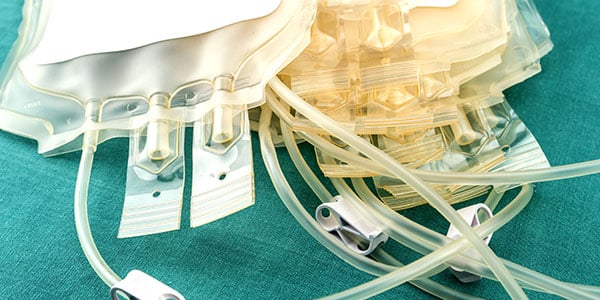
About My Guest:
Claudia Cohn, MD, PhD earned her PhD in Immunology and Infectious Diseases from the Johns Hopkins University (currently the Bloomberg School of Public Health) and subsequently earned her MD at Louisiana State University. After finishing her Transfusion Medicine fellowship at Blood Centers of the Pacific/University of California, San Francisco, Dr. Cohn joined the faculty at the University of Minnesota, in Minneapolis, where she is Medical Director of the Blood Bank. Dr. Cohn is also the Chief Medical Officer of the AABB (Association for the Advancement of Blood and Biotherapies) and the current Editor-in-Chief of the AABB Technical Manual. Dr. Cohn’s major interests include platelet support for stem cell transplant patients, advancing a national data infrastructure to track blood transfusions, and appropriate use of blood components.
FREE Continuing Education!
This podcast episode offers a FREE continuing education activity where you can earn two different types of credit: 1 AMA PRA Category 1 CreditTM, or 1 ASCLS P.A.C.E.® Contact Hour (including Florida Clinical Laboratory Credit). This activity also may be used to fulfill Lifelong Learning Continuing Certification requirements for the American Board of Pathology.
To receive credit and review the accreditation information and related disclosures, please visit Transfusion News Continuing Education on Wiley Health Learning.
Please note: Continuing education credit is available for two years from the date this episode was released. In other words, you will no longer be able to claim credit for this episode after March 29, 2024.
Thanks to:
- Dr. Daniela Hermelin, Associate Editor; Follow Daniela on Twitter for fantastic #blooducation!
- Samantha Chaffin, Design and content consultant
Music Credit
Music for this episode includes “Cuando te invade el temor” and “Reflejo,” both by Mar Virtual via the Free Music Archive. Click the image below for permissions and license details.




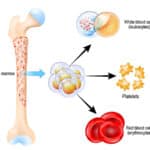

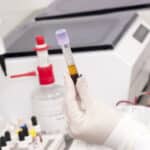



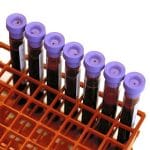

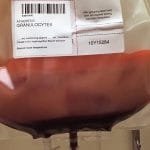
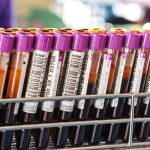
Thanks to Dr. Cohn for much needed conversation and insight during these -sometimes extremely uncomfortable blood crises. I notice we share alma mater (LSU) 🙂
I have to say, one of the biggest stressers for me as SBB was actually getting nurses and doctors to realize, this is real.
Once the Blood supplier’s Med Directors started triaging requests, it became a little less painful for us (CLS). Thank you all for that.
One last thank you for our ‘BloodBank’ Guy. Through all of the uncertainty during these challenging times, somehow you find the time to continue feeding those of us who are super passionate about TM and caring for all of our patients. 🙏🏽🥰
Kind regards,
Connie
Hi Connie,
Thanks for the kind words. I confess, I have mixed feelings about how much blood center medical directors should be the ones controlling the indications and supply. Since I have worn that hat for much of my career, I can tell you that it’s far better, in my view, for local pathologists to get heavily involved, because the blood center docs are often just voices on the phone. Local involvement in establishing patient blood management initiatives is crucial. I know, I know; it’s not always easy to get the pathologists excited, but it’s still better!
Joe
Agreed. Unfortunately, it came to that. PBM belongs to all of us.
Dear Dr. Chaffin,
For areas that experience more endemic platelet shortages, how useful would producing supplemental whole blood derived platelets be? Granted the recipient would have a greater mixed antibody risk, although pathogen reduction risk (assuming that the producer has the capability to do actual PR instead of just one/two-step testing), but I’m wondering what the cost benefit ratio is for maintaining infrastructure to produce whole blood platelets versus dosage splitting and triage measures.
It could also be a situation like water desalination in California – it rarely makes economic sense but it’s better than having dry taps when the drought hits.
Well, PK, you have hit on a hot button for me. I am frustrated, personally, that whole-blood derived platelets are not in wider use in the US (they make up less than 10% of platelet use in the US, and probably WAY less than 10%!). With modern infectious disease testing, the risks are SO minimal when compared to apheresis platelets, and just to be clear, there is no increased risk of making HLA antibodies with WBD-PLTs vs apheresis-derived, as long as the PLTs are leukoreduced). See episode 001 of this podcast (BBGuy.org/001) for more on this issue.
-Joe